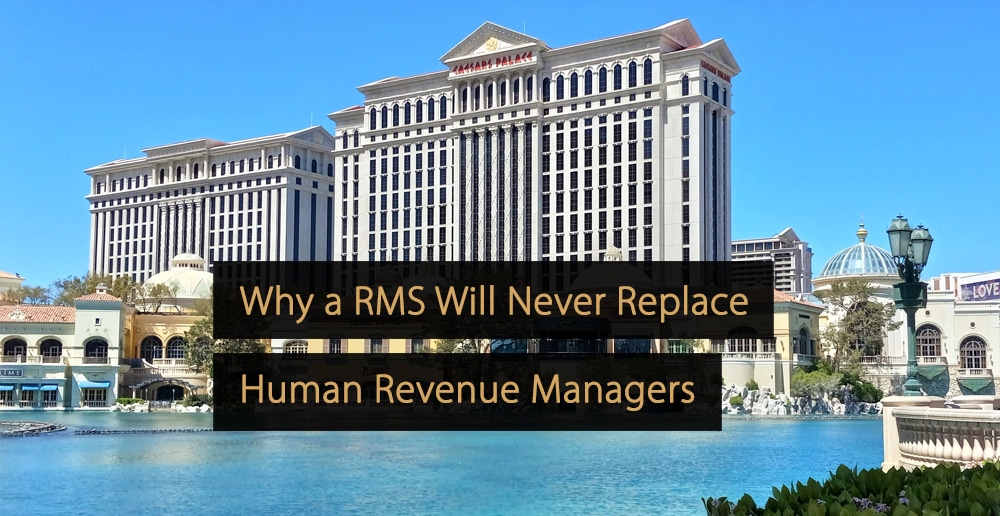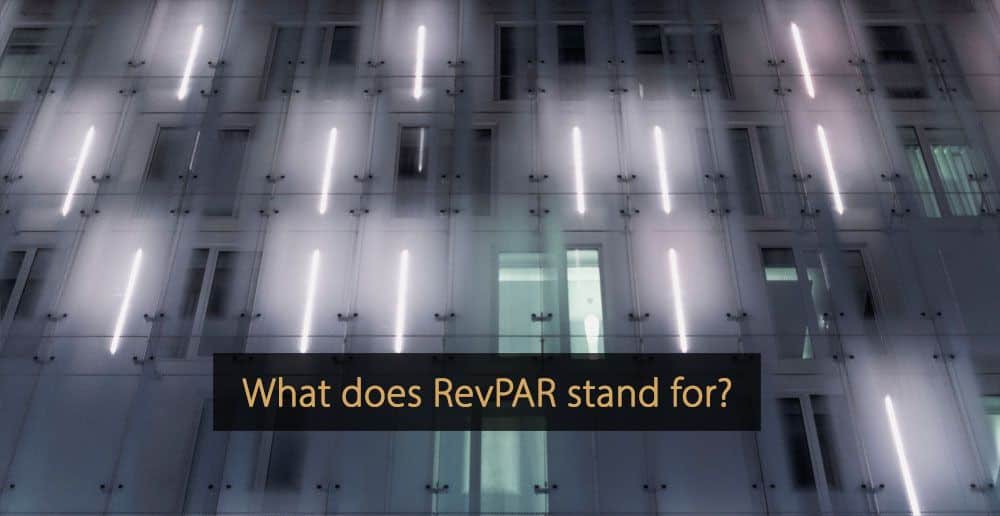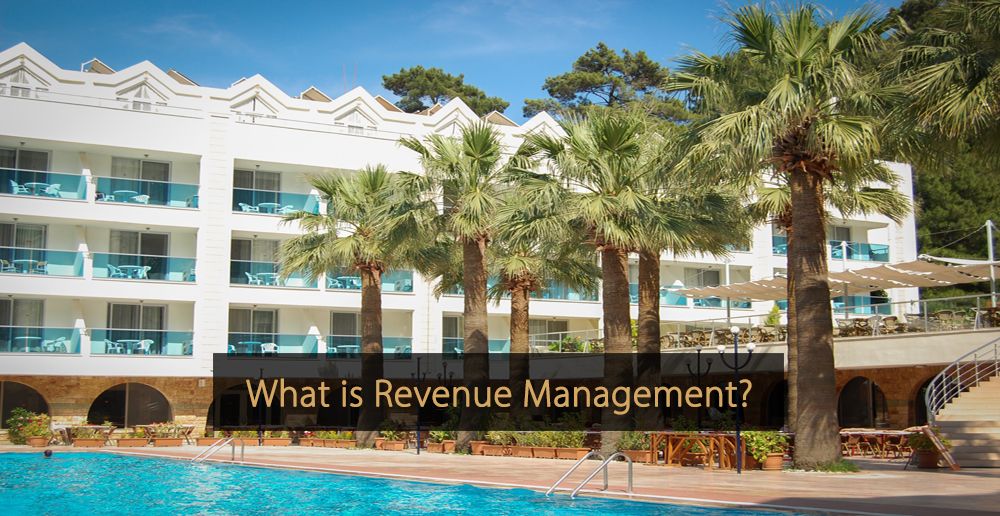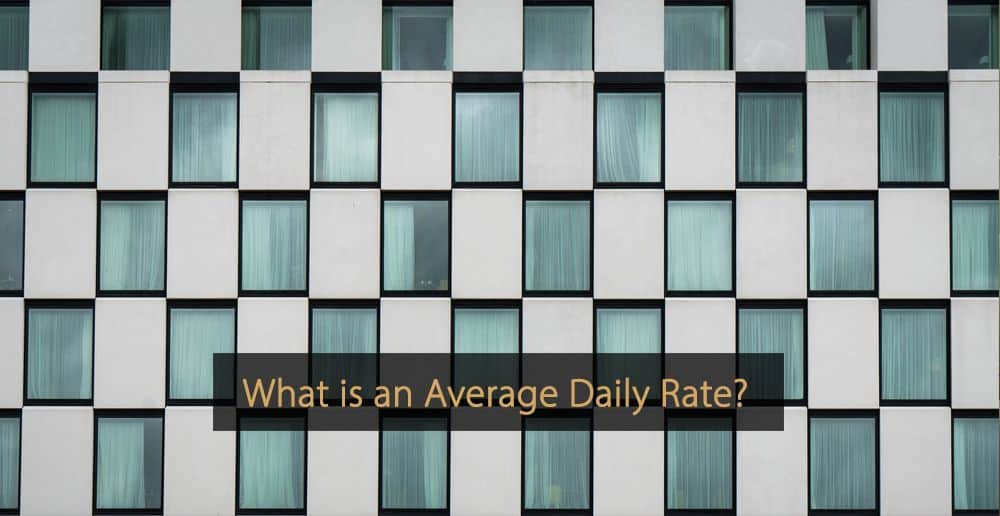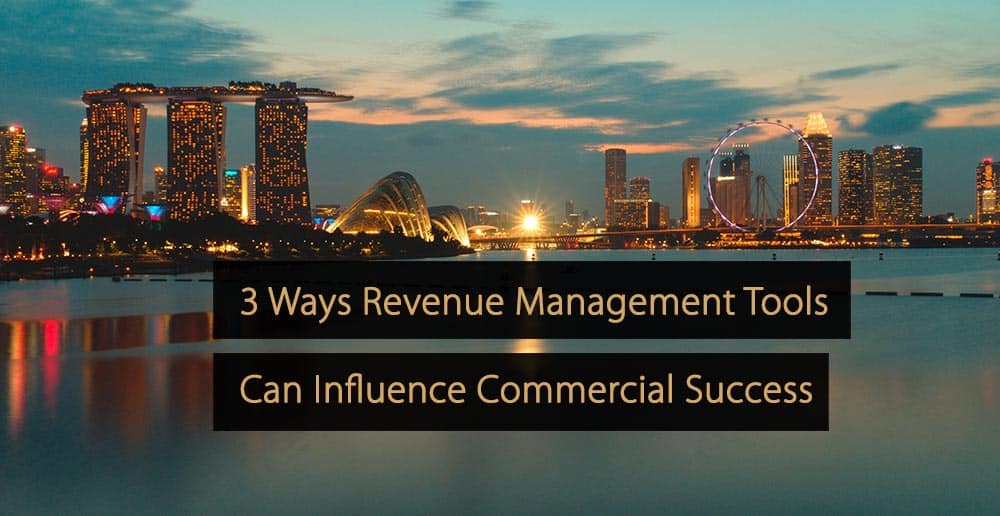Why Revenue Management Systems Will Never Replace Human Revenue Managers
When the desktop computer came along, it needed human input. It’s no different with an RMS (revenue management system.) Even an AI-enabled RMS can’t think independently (and that’s a good thing!) You’ve probably heard plenty about AI (artificial intelligence) chatbots that learn from biased human language and “deep fakes,” which are the 21st c. version of Photoshop. These are just a few real-life concerns in today’s emerging AI. Yet, as hoteliers and a society, we
What Would You Tell Hotel Personnel Choosing A Tech Stack?
Question for Our Hotel Marketing Expert Panel What would you tell hotel personnel choosing a tech stack? Our Marketing Expert Panel Peter Ricci - Clinical Professor and Director of Hospitality & Tourism Management Program at Florida Atlantic University (FAU) Max Starkov - Adjunct Professor Hospitality Technology, New York University Kaylie Holley - Hospitality and Tourism Marketing Professional Matthias Dybing - Co-Founder & Director at Nuvho Thom de Graaf
What to Do When Your GM Wants You to “Fix” the Forecast
Forecasting is never easy—but it gets a whole lot harder when someone asks you to "adjust" the numbers. If your General Manager (GM) pushes for a rosier picture than the data shows, how do you stay realistic without rocking the boat? In this article, we'll walk through how to handle the pressure, maintain integrity, and turn tricky conversations into alignment. The Reality of Forecasting Pressure Let's be honest: every hotel wants to beat last year's
What is Yield Management?
Yield management is a pricing strategy commonly utilized by businesses in hospitality, air travel, and other tourism-related fields to generate maximum revenue from perishable inventory (e.g., hotel rooms or airline seats). Here, we answer the question 'What is yield management?' and explain why it is useful for hospitality hotel owners and others. Defining Yield Management In simple terms, yield management is a strategy based on selling to the right customer at the right time for
What Is RevPOR?
Revenue per occupied room, or RevPOR, is a KPI used within hotel management to assess financial performance. As a result, it can play a role in a revenue management strategy. Its main value to hotel owners is in giving them an idea of exactly how much revenue they make from the rooms they manage to sell. Table of Contents: What Does RevPOR Stand for? Why Is RevPOR Important? How Do You Calculate RevPOR? What Is
What Is RevPAR?
Revenue per available room, or RevPAR as it is usually shortened, is a KPI used within the hotel industry to assess financial and business performance. As a metric, it concerns both room revenue and occupancy rate, which makes it an important indicator of a hotel's overall performance and a valuable component of a revenue management strategy. What Does RevPAR Stand for? Essentially, RevPAR measures a hotel's average daily rate and its ability to fill rooms.
What is Revenue Management?
What is revenue management, and why does it matter so much to hospitality brands? Essentially, it's a data-driven approach to anticipating demand and adjusting pricing and distribution in order to maximize earnings. Revenue management is crucial for hotels and similar businesses because they have fixed costs to contend with. When hotels are able to accurately forecast demand, they can take steps to ensure these fixed costs are always covered. In this article, you'll learn what
Hotel KPIs explained: ADR, REVPAR and GOPPAR
Revenue management is a data-driven approach to predicting customer behavior, to optimize product pricing and availability to maximize revenue. It is especially useful in the hotel industry, because hotels have limited rooms available and experience varying demand levels. Several key performance indicators, or KPIs, should be tracked when carrying out
What Is an Average Daily Rate (ADR)?
Average daily rate (ADR) is a KPI commonly used for revenue management within the hotel industry. As a metric, ADR's primary value is its ability to reveal the average rental income connected to occupied rooms each day, which is valuable for revenue management. It can give hotel owners an idea
What Advice Would You Offer to Hotels Choosing Their Tech-Stack?
Question for Our Revenue Management Expert Panel: What advice would you offer to hotels choosing their tech-stack? For example, best practices, features, potential pitfalls, and how to "future-proof". Our Revenue Management Expert Panel Dermot Herlihy - Commercial Director, DUKES LONDON Mariska van Heemskerk -
6 Ways Your Hotel Might be Missing Revenue Opportunities
You'll probably agree that seizing revenue opportunities is more important now than ever - especially with costs increasing in every area of hotel operations and demand only recovering. Otherwise, your property's profitability could take a severe hit, and its long-term business success may be at risk. Luckily, there are many
3 Ways to Streamline Upselling Across Your Entire Hotel Chain
Once it’s in place, an automated upselling system brings countless advantages, like a more personalised guest experience, increased revenue and a more efficient workflow. Achieving these results at a single property may feel relatively straightforward. But how can you replicate them at all hotels across your chain or brand? 1.
Broadened Horizons: 3 Ways Revenue Management Tools Can Influence Commercial Success
If you think of revenue management tools as solely a means for rolling out dynamic pricing strategies and making the most out of the demand for your property’s room inventory, it’s time to challenge that assumption. While these tried-and-true capabilities are a staple at most hotels, today’s advanced revenue management

